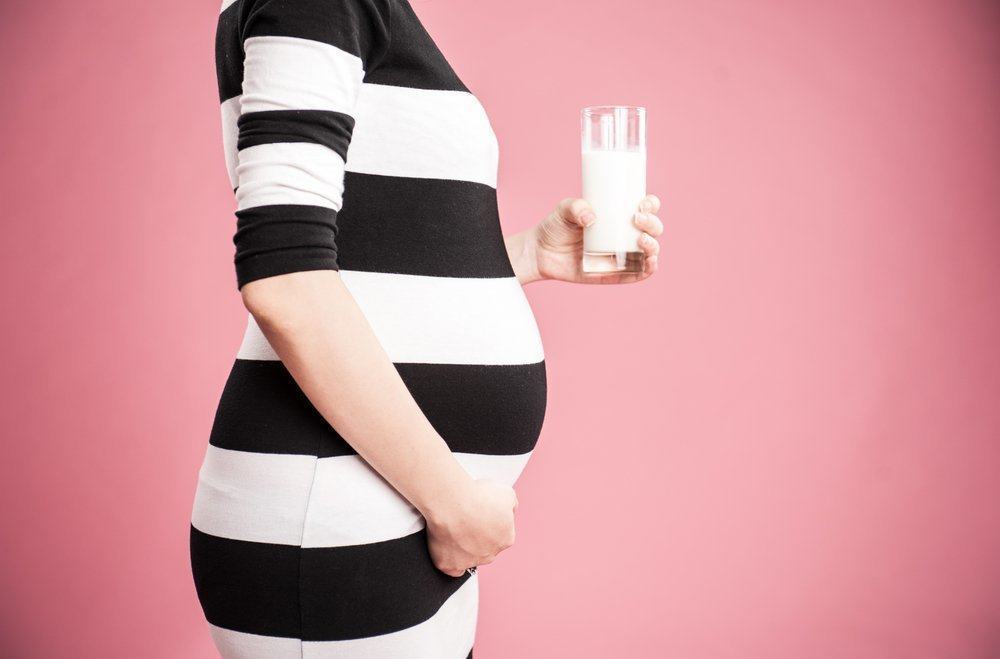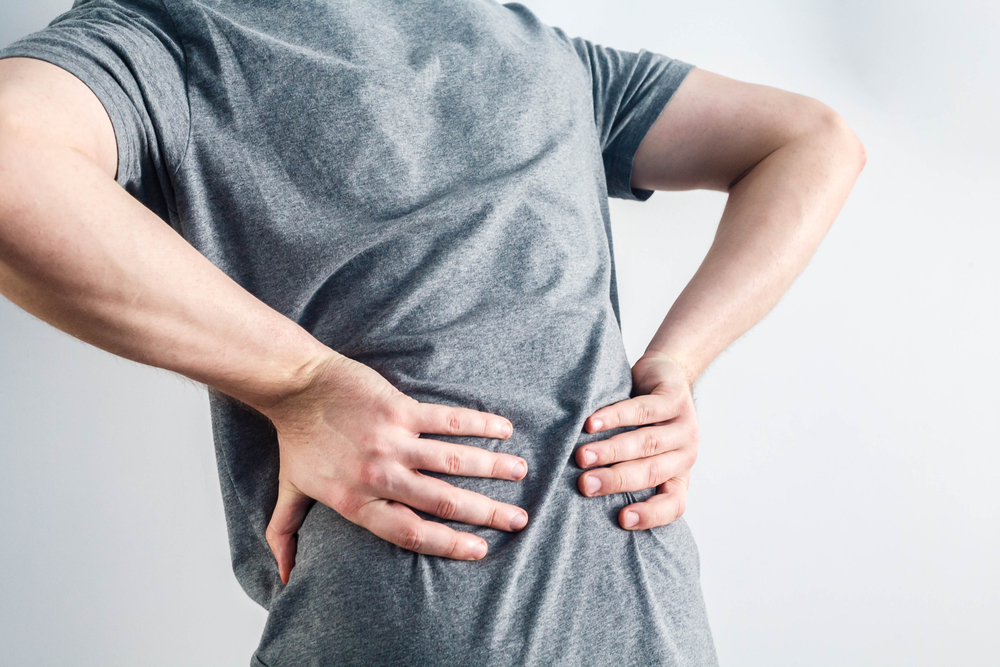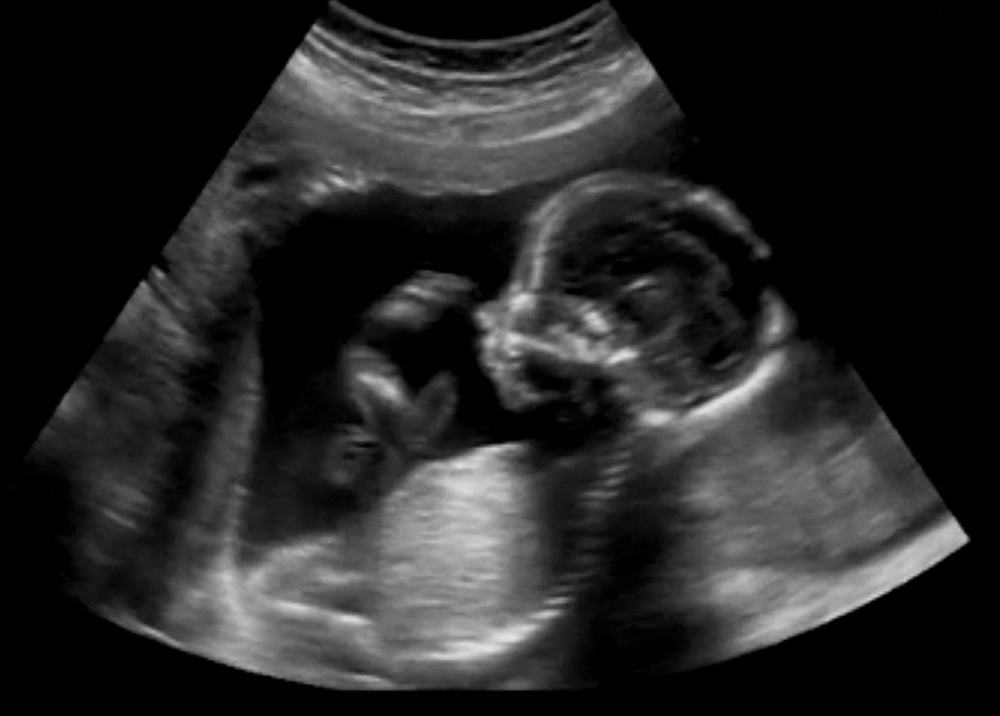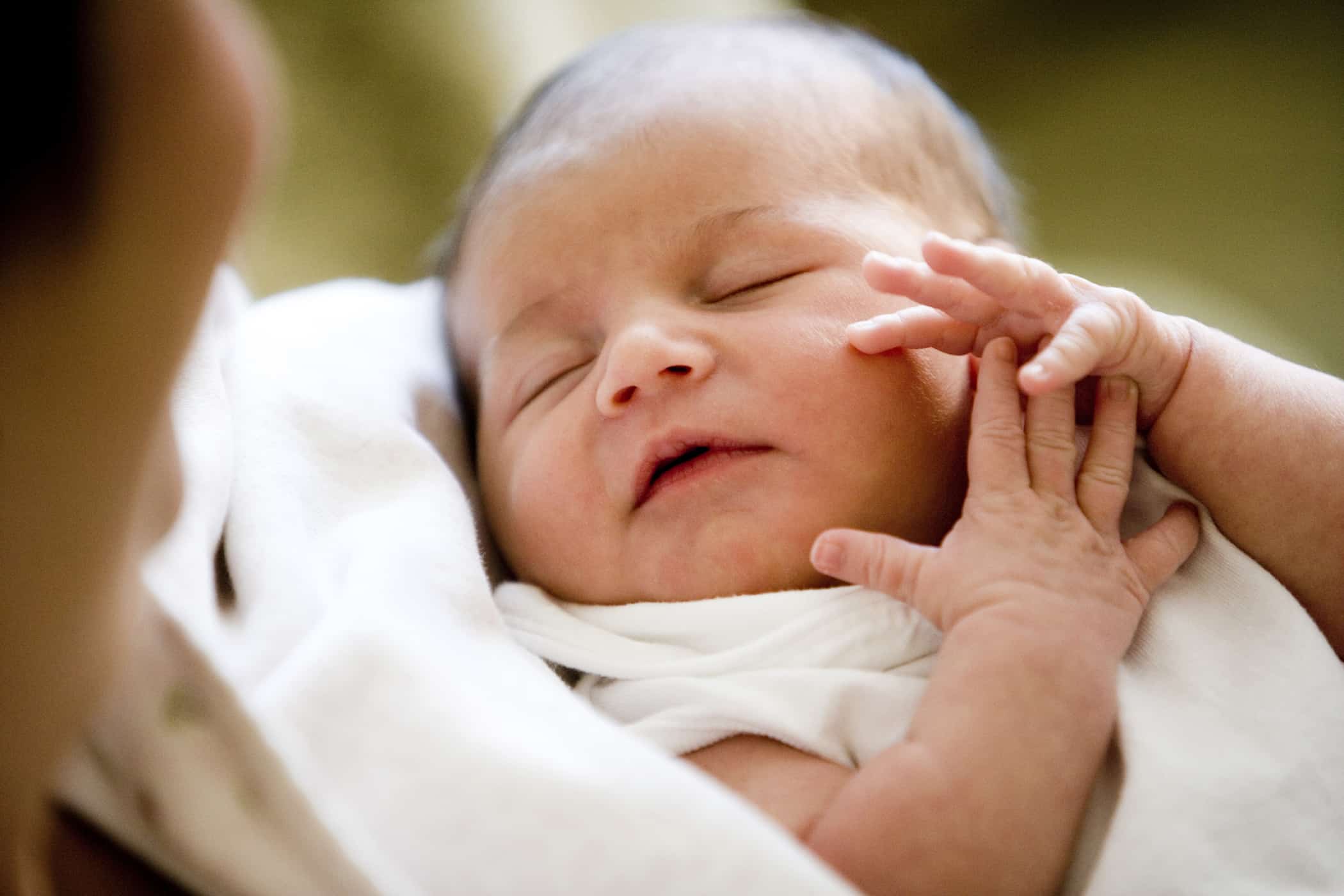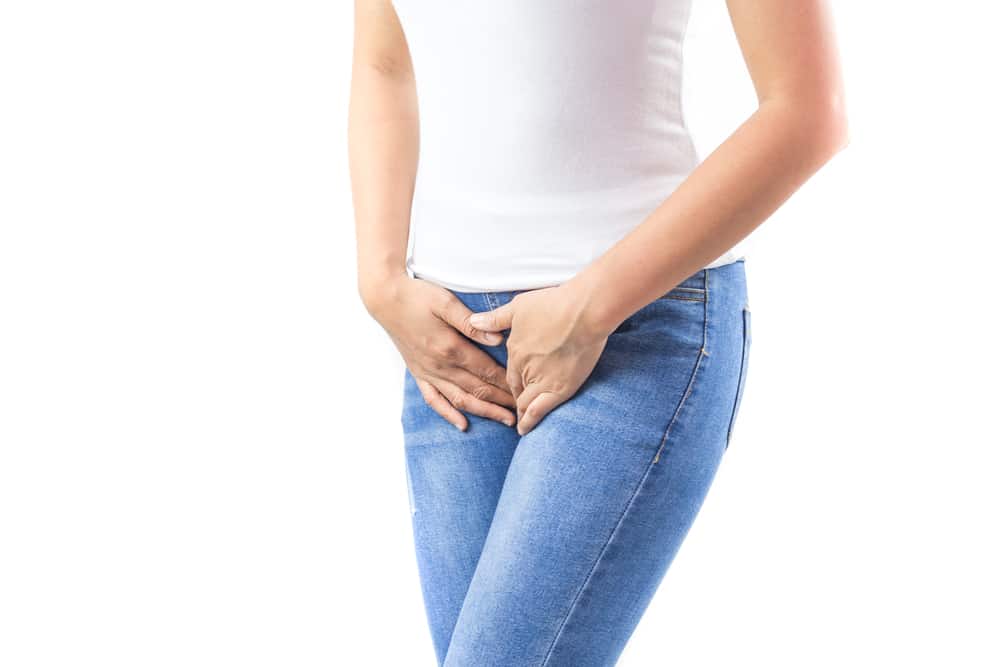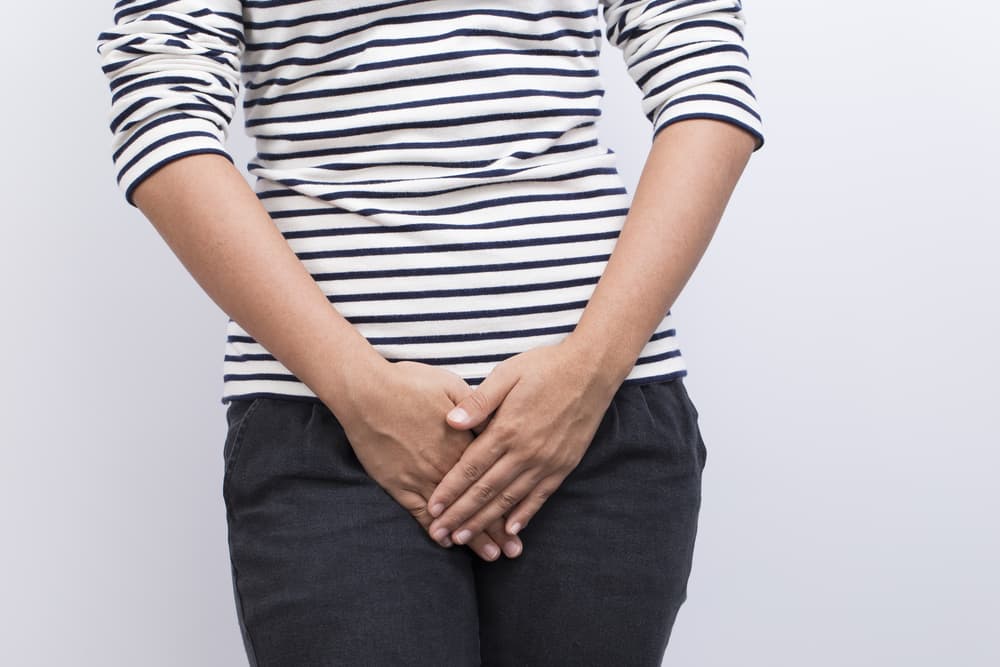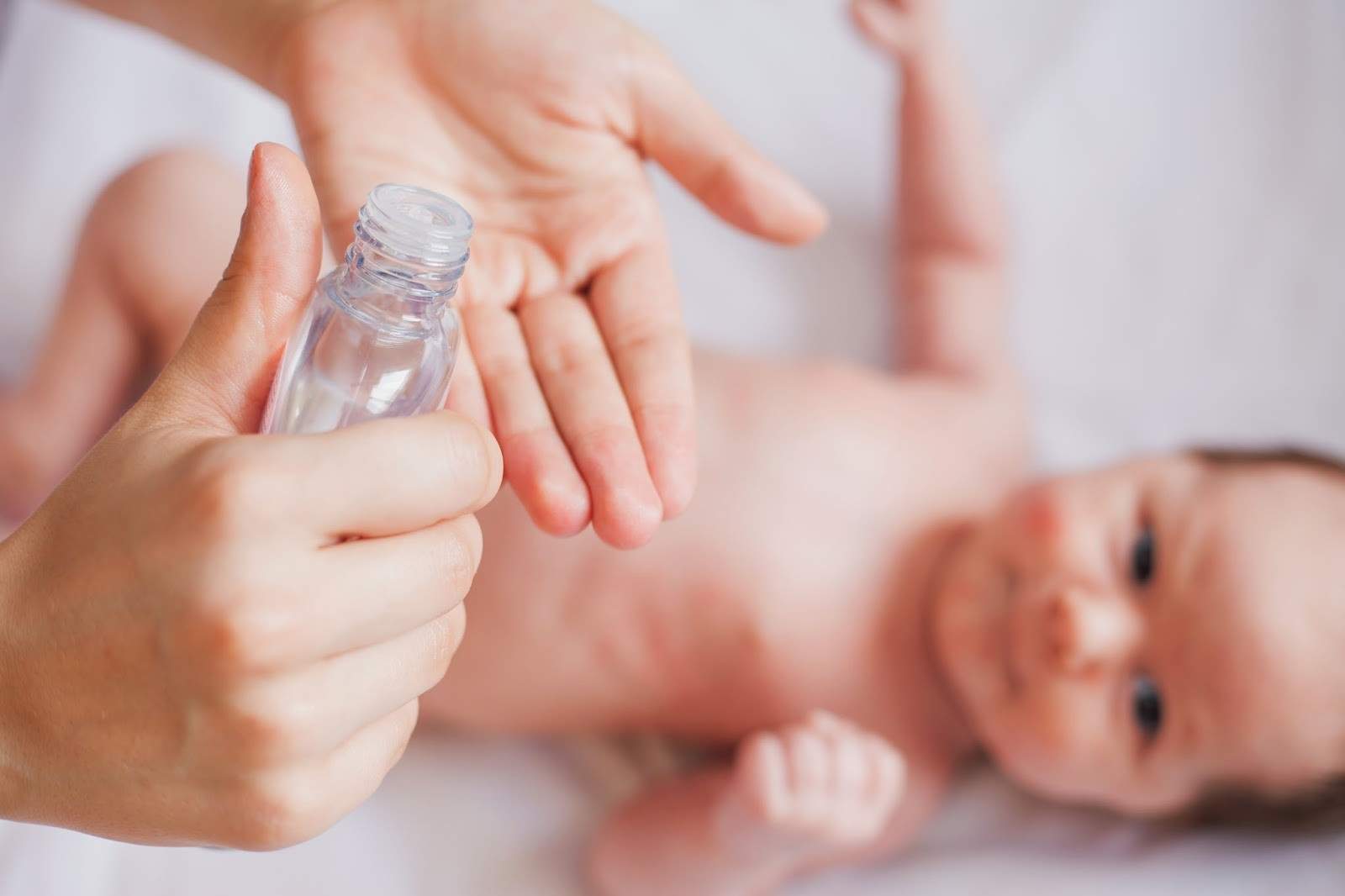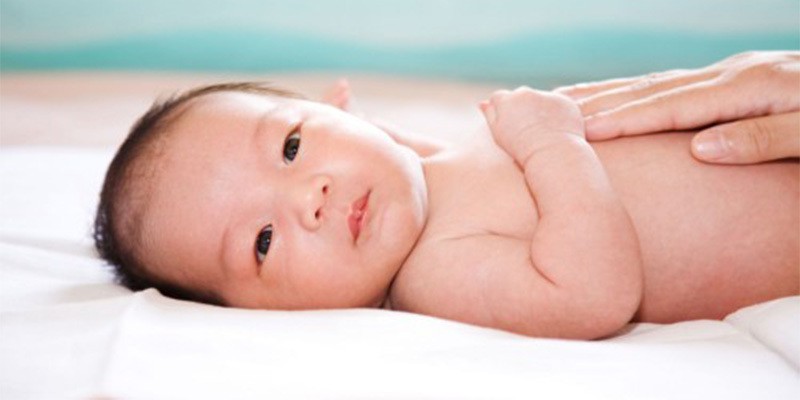Contents:
Medical Video: 5 Common Causes of Chest Pain
The first thing that comes to your mind when you experience chest pain is that you have a heart attack. But generally, only pain in the left chest is associated with heart problems. Right-sided chest pain can be caused by something as mild as an interested muscle or it can indicate a more serious health disorder. Some important organs, including the lungs, heart, ribs, esophagus, and many of the main blood vessels are located in the chest cavity. All of them may play a role in the chest pain that you complain about. Even so, most right chest pain usually does not indicate severe health problems that cause panic.
This article gives you an idea of whether certain conditions can cause your chest pain, but you should always refer to a medical consultation to make sure you get the right diagnosis.
What causes right chest pain?
Most chest pain is not related to the heart and is not a sign of a life-threatening problem. Some common causes of chest pain are as follows.
1. Choking on food
The esophagus, the pipe that connects the mouth to the organs of the digestive system, is very small and easily blocked, causing pain that may sometimes require medical attention.
2. Muscle problems
Chest pain is often related to muscle problems. If your chest hurts and is soft to the touch, your complaint may be caused by a muscle that tightens after physical labor that is burdensome or the result of improper movement. You can find out if you have a tightening chest muscle from pain that worsens when the area is touched, the body is moved in a certain way, or when you exhale. This condition can be very painful, but by resting, the pain will decrease and muscle tension will heal automatically.
If you have pain, swelling, and tenderness around your ribs - the pain is exacerbated by lying down, breathing deeply, coughing or sneezing - you may have a condition called costochondritis. Costochondritis is caused by inflammation of the cartilage that connects the ribs to the sternum. Symptoms often improve after a few weeks and can be removed with painkillers.
Injuries to the neck, shoulders or chest can cause pain in the right chest area. If the chest trauma is very strong or causes cuts / tears / tears on the surface of the skin, this can damage the organs in the chest cavity. This is a medical emergency.
3. Increased stomach acid due to Gastroesophageal Reflux Disease (GERD)
Gastroesophageal Reflux Disease (GERD) is a chronic digestive disorder that will always be there. The cause of GERD in general is a problem with digestive disorders, such as infections or lack of good bacteria needed to digest, due to poor lifestyle and diet. Right chest pain caused by GERD is most often caused by stomach acid which rises into the heart or throat. Most people can overcome digestive disorders by switching to a healthy diet, getting rid of bad habits, and taking probiotics to restore the good bacteria needed for digestion in the stomach.
4. Inflammation of the pleurisy (pleurisy)
Inflammation of the pleurisy, also known as pleurisy or pleurisy, is inflammation or irritation of the membrane lining the lungs and chest. This pulmonary disorder can cause pain in the right chest. You may feel pain when you breathe, cough, or sneeze. The most common cause of pleuritic chest pain is an infection of a virus or bacteria (such as that which causes colds and flu). Other less common causes include parum pneumothorax, rheumatism, lupus, and cancer. In healthy people, this infection usually will gradually disappear by resting. People who are weak or already in poor health may need to be hospitalized for treatment. You can avoid this disease by getting a flu shot every year.
5. Pneumonia
Right chest pain can indicate that you have pneumonia. When bacteria, viruses, or other microorganisms remain in the lungs, they can cause acute infections accompanied by inflammation and pain. Pneumonia often comes on suddenly, causing fever, chills, coughing, and cough with phlegm from the respiratory tract. According to Compass, pneumonia takes a child's life every 20 seconds. Pneumonia is often diagnosed with abnormalities found on chest x-ray. Your doctor will prescribe antibiotics if he thinks your pneumonia is caused by bacteria.
6. Pneumothorax
Pneumothorax is a serious condition that occurs when part of the lung collapses. Pneumothorax usually occurs after an injury such as a fall and a car accident. This condition also causes pain, which gets worse every time you breathe. This condition also has other symptoms such as low blood pressure. If you experience right-sided chest pain after an accident, you should seek medical attention immediately.
7. Gallbladder disorders
The gallbladder is a small bag under the liver that stores bile, a substance needed for digestion. The gallbladder can become blocked and infected, usually by gallstones. Gallstones are the most common cause of severe and constant pain on the right side of the chest. Pain may appear as an "attack" which then subsides or may appear constantly, which appears after you eat fatty foods or contain caffeine. This sensation is usually felt on the lower right side of the chest. You may also feel pain in the right side of your stomach. In order to make a correct diagnosis, your doctor will need to x-ray or your chest x-ray. There are various types of treatments for gallbladder infections, including surgery and antibiotics. The good news is that most people will recover with the right treatment.
8. Pancreatitis
Right chest pain that gets worse when you lie down often comes from pancreatic inflammation, or pancreatitis. The pancreas is a small organ and can be associated with serious health problems, including cystic fibrosis, cancer and diabetes. Pain often radiates to the back and the abdomen can become soft to the touch. Pancreatitis can be caused by the use of alcohol, gallstones, and blocking of the bile duct. Pancreatitis is a serious condition, needs to be evaluated and treated immediately.
9. Liver disorders
The right side of the pain can also be a symptom of inflammation of the liver. Inflammation of the liver is caused by a variety of reasons, including viral and bacterial infections, or drug and substance abuse. A common cause of liver inflammation is liver infection or hepatitis. Hepatitis can also be caused by alcohol abuse, toxic chemicals, and several other problems that cause fatty liver. Fatty liver is characterized by accumulation of triglyceride vacuoles in tissues and liver cells. Chest pain associated with this condition can be attributed to the closeness of the heart's position to the chest. Hepatitis can be treated with antibiotics, but still requires medical treatment because serious cases can weaken the body.
10. Gastric ulcer
Gastric ulcer is a condition of recurrent discomfort from pain caused by sores in the small intestine or stomach wall. Gastric ulcer is commonly found in people who drink alcohol, smoke or take other aspirin / NSAIDs excessively. To relieve pain (which may include pain on the right side of the chest), you can take antacids.
11. Antacid side effects
Right chest pain can be a side effect of consuming too much antacid.
12. Stress and anxiety
Other potential causes of right chest pain are stress, anxiety, and panic attacks. Anxious sufferers may feel chest pain on the right or left side of the chest similar to "heart attack". Chest pain for the first episode should always be evaluated as an emergency, but if your heart is in good condition after an examination, you may have an anxiety attack. Daily stress can also cause muscle tension or an increase in high stomach acid which causes pain in the upper abdomen, which can be interpreted as right chest pain. Some of the related symptoms can include dizziness, the sensation of shortness of breath, palpitations, tingling sensations, and trembling.
13. Anemia
Anemia is one of the most common causes of chest pain in pregnant women. Anemia can cause pain, difficulty breathing, and fatigue. This is more common in third world countries where mothers do not receive adequate prenatal care.
When to check the right chest pain to the doctor?
You cannot diagnose the cause of your complaint yourself, and that can be a serious condition. When in doubt, contact your doctor about the chest pain you have, especially if it is your first complaint, coming suddenly, or not disappearing with anti-inflammatory drugs or other self-care measures, such as changing your diet and lifestyle. If you have the following symptoms that follow chest pain, call 119 immediately:
- Sweating
- The tightness sensation, like being pressed near the sternum
- Chest pain follows certain activities even after resting
- Difficulty breathing
- Irregular heartbeat
- Dizziness or fainting
- Nauseous vomit
- Breathe fast; panting
- Confusion
- Pale skin
- Heart rate slows down
- Difficulty swallowing
- Pain that does not subside
READ ALSO:
- Differentiating Stomach Pain Due to Gas, Appendicitis, or Kidney Stone
- Various causes of someone dying while sleeping
- Young People Have Stroke, What Is The Cause?



